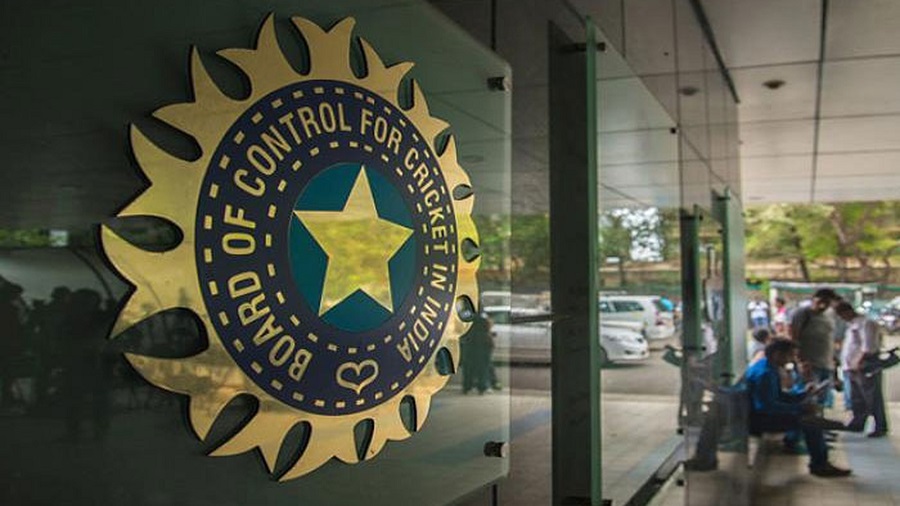The BCCI has proposed in its amendment to the constitution that a person needs to be “convicted/ charged by a Court of Law for commission of having committed any criminal offence and sentenced to imprisonment for a period not less than three (3) years” to be disqualified to be an office-bearer. This means that under the new rule, mere criminal charge against an officer-bearer would not make the person ineligible to contest. The disqualification would set in only if the person has been convicted and sentenced for a period of not less than three years.
The amendment also says that a person becomes disqualified to contest if he/she has been an office-bearer of the BCCI for a cumulative period of nine years. As per the original Justice RM Lodha committee recommendations, the disqualification would set in if the person “has been an office-bearer of the BCCI for a cumulative period of 9 years or of a state association for a cumulative period of 9 years; or (g) has been charged by a Court of Law for having committed any criminal offence, i.e. an order framing charges has been passed by a court of law having competent jurisdiction.” The Supreme Court has agreed to examine the BCCI’s plea for urgent listing of its application for approval of its amended constitution this week.
“We will see if we can take it up next week,” a bench of Chief Justice N.V.Ramana and Justice Krishna Murari said on Friday. If approved, this would also enable BCCI president Sourav Ganguly and secretary Jay Shah to have a term of six years before entering the cooling-off period as against the overall six years’ term, including the stint at the state associations, prescribed by the Justice Lodha committee.
On August 9, 2018, the apex court, while approving the draft constitution of the board, had directed that “any amendment should not be given effect to without the leave of this Court”. In the application filed through advocate S. Udaya Kumar Sagar, the BCCI has pleaded that by the very nature of this three-tier pyramidal structure (BCCI, state, district associations), a person necessarily passes through many terms in the other two tiers before he is experienced to be able to effectively contribute to the BCCI in the larger national interest.
“Any provision which has a direct or an indirect effect of restricting persons with rich and varied experience whereby they have acquired and strengthened the organising capacity, finance generating capacity and administrative skills will be to the detriment of the game of cricket and would, therefore, necessarily be against public interest and national interest as our teams play against teams of all cricket playing countries,” the BCCI said.











